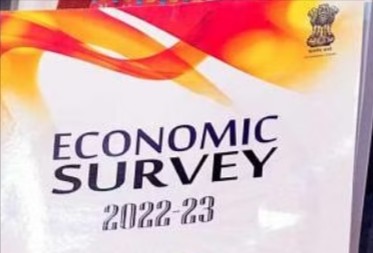
According to India’s latest Economic Survey, released earlier this week: “Radio continues to be the most affordable and popular medium of mass communication in India and has been a tool that has consistently helped in empowerment and social development of the people of our country. The accessibility, wide coverage, variety of programmes, mobility, and vernacularity have continued to be reasons for its popularity.”
The Economic Survey of India is an annual report card released by the finance ministry, detailing the economic performance of the country in the financial year. It is a review of the country’s economic development, which analyses and provides data on various sectors.
The Economic Survey 2022-23 pointed out that in this fast-evolving digital era, radio embossed a separate identity for citizens ad the pandemic further strengthened the role of radio waves in the lives of Indian citizens.
It noted that during the pandemic, radio waves not only spread awareness but also functioned as a channel for empowerment as virtual education also took the recourse of the medium.
All India Radio now broadcasts in 23 languages, 179 dialects from 479 stations reaching 99.1 per cent of India’s population. Even as Prasar Bharati celebrated its silver jubilee in November last year, it has kept up with the fast-evolving digital times. “Over 240 radio services of All India Radio are live-streamed on NewsOnAir App, Prasar Bharati’s official App. These streams have a large number of listeners not just in India, but globally, in more than 85 countries across the world,” the Survey noted.
The private FM radio industry has also flourished in the last few years with the number of private stations going up to 388 in the quarter ending June 2022 from 243 in December 2015.
“The rising number of FM radio stations depicts how radio as mass media has satisfactorily delivered on their mandate of public service and stood strong with the people during the time of the pandemic,” the Survey stated.
It also spoke of the role played by Community Radio Stations, which serve targeted local and well-defined communities with a strong reach in vernacular languages and various dialects. “With this, we see radio as being significantly important through good and tough times,” the Survey added.
This story first appeared on RadioInfo.asia
